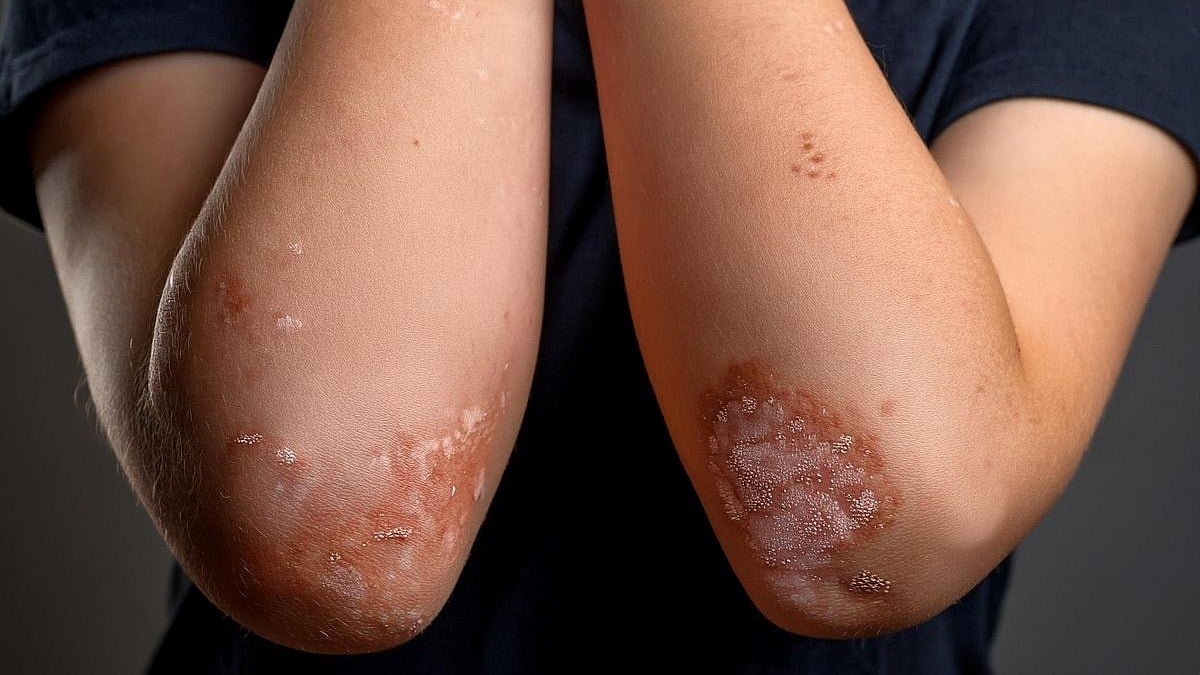Get Healthy!

- Posted October 24, 2025
Divorce, Separation Might Increase Kids' Risk Of Psoriasis
A family riven by divorce or separation could triple the risk of a child developing psoriasis later in life, a new study says.
The severe stress caused by such family upheaval might tax a child’s immune system in ways that increase their chances of this autoimmune skin disease marked by rapid cell growth that causes scaly, itchy rashes, researchers said.
“Our results show — to our knowledge — a previously unreported fact that very stressful life factors early in life influence the immune system and increase the risk for autoimmune diseases such as psoriasis,” said lead researcher Johnny Ludvigsson, a professor at Linkoping University in Sweden.
“There is no simple advice to avoid these factors, but everything that can be done should be done to protect young children from stressful life factors that threaten their security and emotional well-being,” Ludvigsson said in a news release.
For the new study, researchers tracked data on more than 16,000 children participating in a Swedish health study, noting their stressful life factors at ages 1, 3, 5 and 8.
Of the children, 121 were later diagnosed with psoriasis.
Kids had a tripled risk of psoriasis if they’d experienced a significant change in family structure within their first year of life, researchers found.
Divorce, separation or the death of a parent could cause insecurity and fear in a young child, which “seems to make the child extra vulnerable when it happens in the first year of life,” Ludvigsson said.
“This fits with the knowledge that very young individuals seem to be more vulnerable to the immunomodulatory effects of stressful life factors than older children and adults,” he said. “The reason for the effects may be that these factors lead to a defense response that includes increased cortisol concentrations, which in turn influence the immune system.”
Figuring out how early stress affects the immune system might help researchers figure out why psoriasis occurs, said Dr. Luigi Naldini, a professor of cell tissue and biology at the San Raffaele University School of Medicine in Milan.
“The present study suggests that the story of psoriasis is not written solely in genes and immune circuits,” Naldi, who was not involved in the research, said in a news release. “It may also be shaped by lived experiences, beginning early in life.”
The new study appears in the Journal of Investigative Dermatology.
More information
The National Psoriasis Foundation has more about psoriasis.
SOURCE: Elsevier, news release, Oct. 21, 2025







